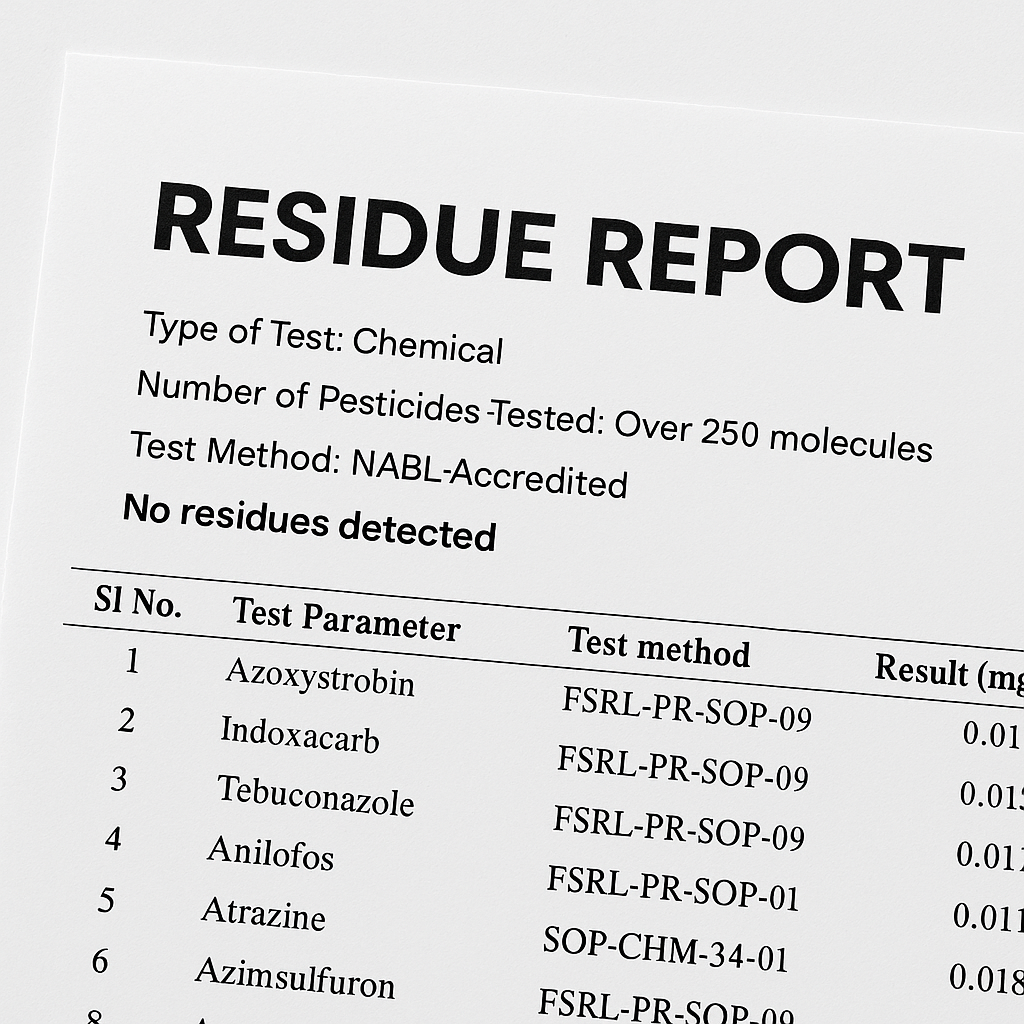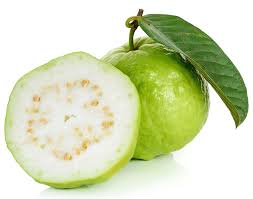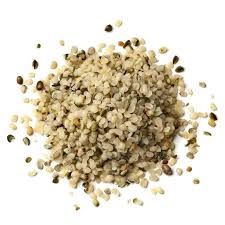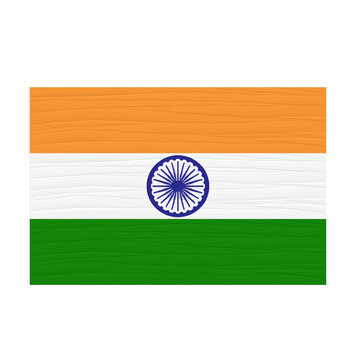.jpg)
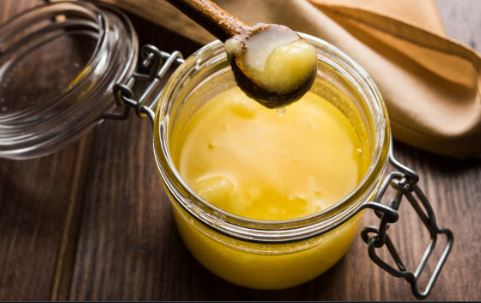
Common Myths and Health Benefits of Desi Cow Ghee
Posted By HealthyBuddha on Friday 09th September 2022
In Indian households, ghee plays a significant role in daily life, ceremonies, and special occasions. Since ancient times use of cow ghee has been seen in Indian cooking and medicine. Ghee's anti-inflammatory, digestive, and calming properties make it a favourite among ancient and modern Yogis. According to Ayurveda, cooking spices should be roasted in ghee to increase their flavour and nutritional activity.
Myth #1: Desi cow ghee Is harmful to overall health.
A healthy gut is closely tied to ghee consumption. Before every meal, our ancestors used to eat a teaspoon of ghee for good health as it lowers the risk of infections and cancer. Ghee is a reliable source of the essential oil-soluble vitamins A and E required for fertility, a healthy liver, and hormone balance.
Myth #2:Desi cow ghee can cause a heart attack.
Many think consuming desi ghee can lead to cardiovascular problems, including stroke and heart attacks. Some of them even wonder whether ghee is healthy for the heart. This misconception is most likely the result of the notion that ghee has a lot of cholesterol. But it is safe to have 2 to 3 spoons of desi ghee daily. Over consumption can lead to clogging arteries.
Myth #3: Cooking food using desi cow ghee is bad for the health
Ghee doesn't produce free radicals and has a high smoke point, in contrast to many other types of oils. Because of this, it is the safest oil to use when cooking, allowing you to take advantage of desi ghee's health benefits.
Myth #4: Desi cow ghee can lead to weight gain.
According to health experts, pure desi ghee can aid in weight loss as long as you only take it in moderate or prescribed amounts. These claims may be supported by the fact that desi ghee includes CLA(Conjugated Linoleic Acid), which aids in weight loss and better immune function.
Myth #5: Desi cow ghee is difficult to digest
Unlike saturated fats, which are unhealthy for the body, ghee contains monounsaturated fatty acids. Several studies also indicate that regular ghee consumption increases the anti-inflammatory effects and liver carcinogenesis-initiating capacity. In contrast to other saturated fatty acids, ghee contains medium chain fatty acids that are simple to digest and healthier for your heart.
Myth #6: Lactose intolerant people shouldn't consume desi cow ghee
Since ghee is prepared from milk, some people seem to believe that those who are lactose intolerant may experience harm from it. However, evidence indicates that everyone can benefit from consuming ghee regularly, even those who are lactose intolerant. Desi ghee doesn't include lactose and casein, two intolerable milk proteins.
5 Health Benefits of Desi Cow Ghee
- Butyric acid can be found in abundance in ghee. Short-chain fatty acids like butyric acid help and support the probiotic bacteria already present in the stomach.
- Desi ghee also helps the liver produce bile and balances the quantity of hydrochloric acid in the stomach.
- A form of omega-3 fatty acid called DHA, is abundant in ghee, has been linked to many functions, including brain development, lowering inflammation, delaying ageing, and many others.
- Important fat-soluble vitamins such as A, E, K2, and D are high in ghee. These vitamins serve various purposes, including boosting immunity, promoting clear vision, and acting as good antioxidants.
- The use of ghee is advised to enhance the health of both the male and female reproductive systems. For hormone regulation, it is recommended that women of reproductive age take two tablespoons of desi ghee daily. In contrast, the same amount of ghee increases the quality and motility of sperm in males.
FAQs
How to store ghee?
Ghee doesn't contain any water; hence bacteria can't thrive there, so refrigeration is unnecessary. Make sure your jar of ghee is free of water and steam and keep it away from the steaming burner if you want your ghee to stay firm.
How much desi ghee is safe to consume daily?
3-6 teaspoons of desi ghee are advised to maintain a healthy weight and good health.
What are the health benefits of desi cow ghee for the skin?
Desi cow ghee benefits are innumerable. It assists you in keeping healthy skin by retaining moisture, enhancing skin repair, and softening the skin. It is also rich in antioxidants, essential fats, and a natural emollient.
Can pregnant and lactating women consume organic cow ghee?
New mothers must take ghee in large quantities without worrying about gaining weight. Consuming desi ghee promotes lactation, nourishes the body, calms and heals from inside, regulates hormones, and strengthens joints.
What is the colour of pure cow ghee?
Pure desi ghee has a golden or yellowish tint. Ghee's granular portion, which falls to the bottom, is whiter than its liquid, golden portion, which floats to the top.
How much fat is in pure desi cow ghee?
Desi ghee is almost completely composed of fat, like most cooking oils. A tablespoon contains 15 grams of fat, 9 of which are saturated. Less than one grams of polyunsaturated fat and around 5 grams of healthy monounsaturated fat make up the remaining fat content.
Is cow ghee good for weight loss?
According to numerous studies, ghee helps mobilise fat cells to be used for energy, which helps people lose weight and gain lean body mass. Despite its health advantages, excessive ghee consumption can boost weight gain and raise the likelihood of obesity.
Which ghee is best, cow or buffalo?
Cow ghee is preferable to buffalo ghee. Cow ghee is excellent because it includes vitamin A, antibacterial, antifungal, and antioxidant qualities, which is good for the brain, digestion and vision. Buffalo ghee has a higher fat and calorie content than cow ghee. You can now buy ghee online from Healthy Buddha, we also sell cow ghee online in Bangalore delivered at your doorstep.
What are the benefits of a2 cow ghee?
A2 cow ghee is prepared using the Ayurvedic method involving grass-fed desi cow's milk without added preservatives or chemicals. It is loaded with healthy fats like vitamin A and is known to be anti-inflammatory.









